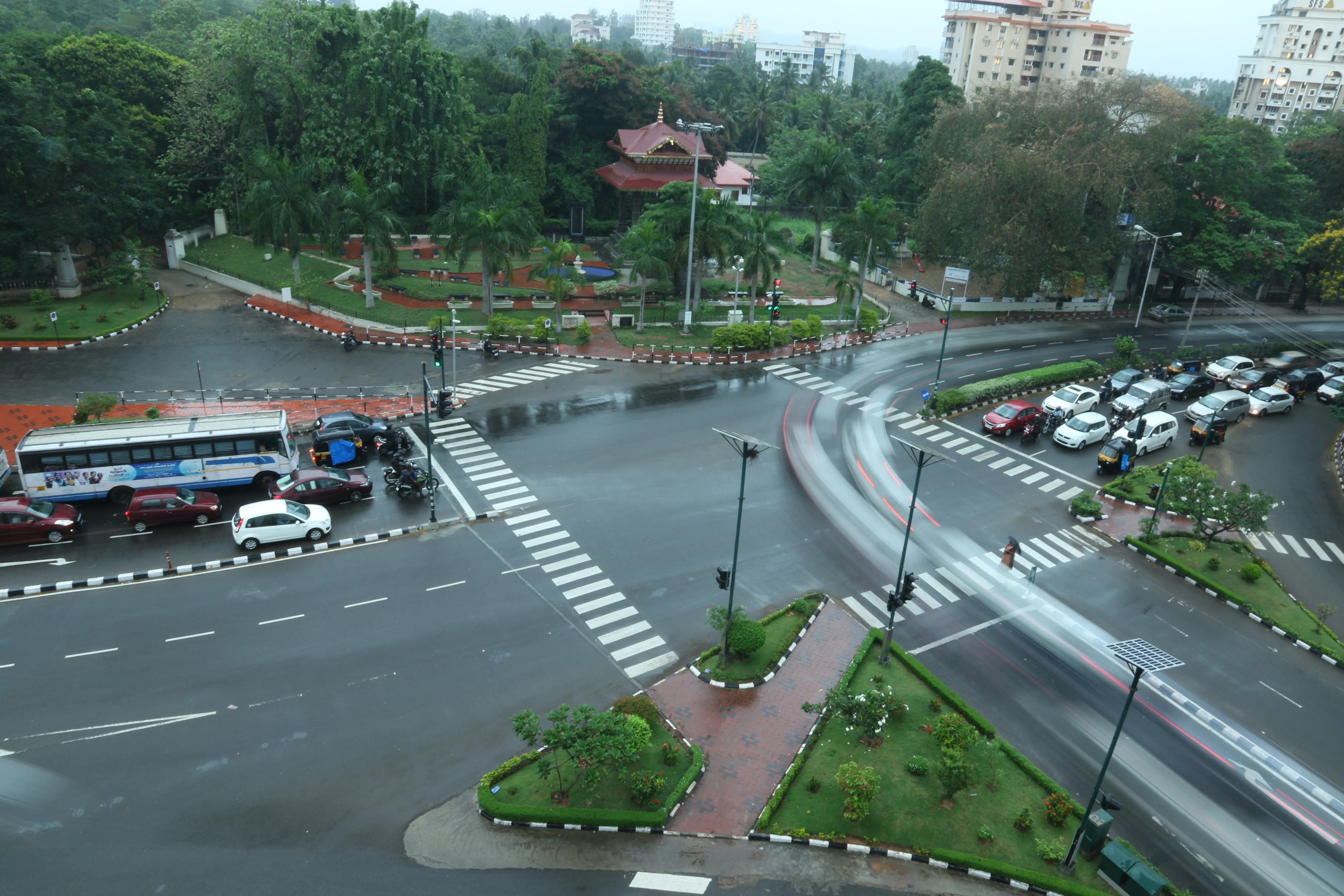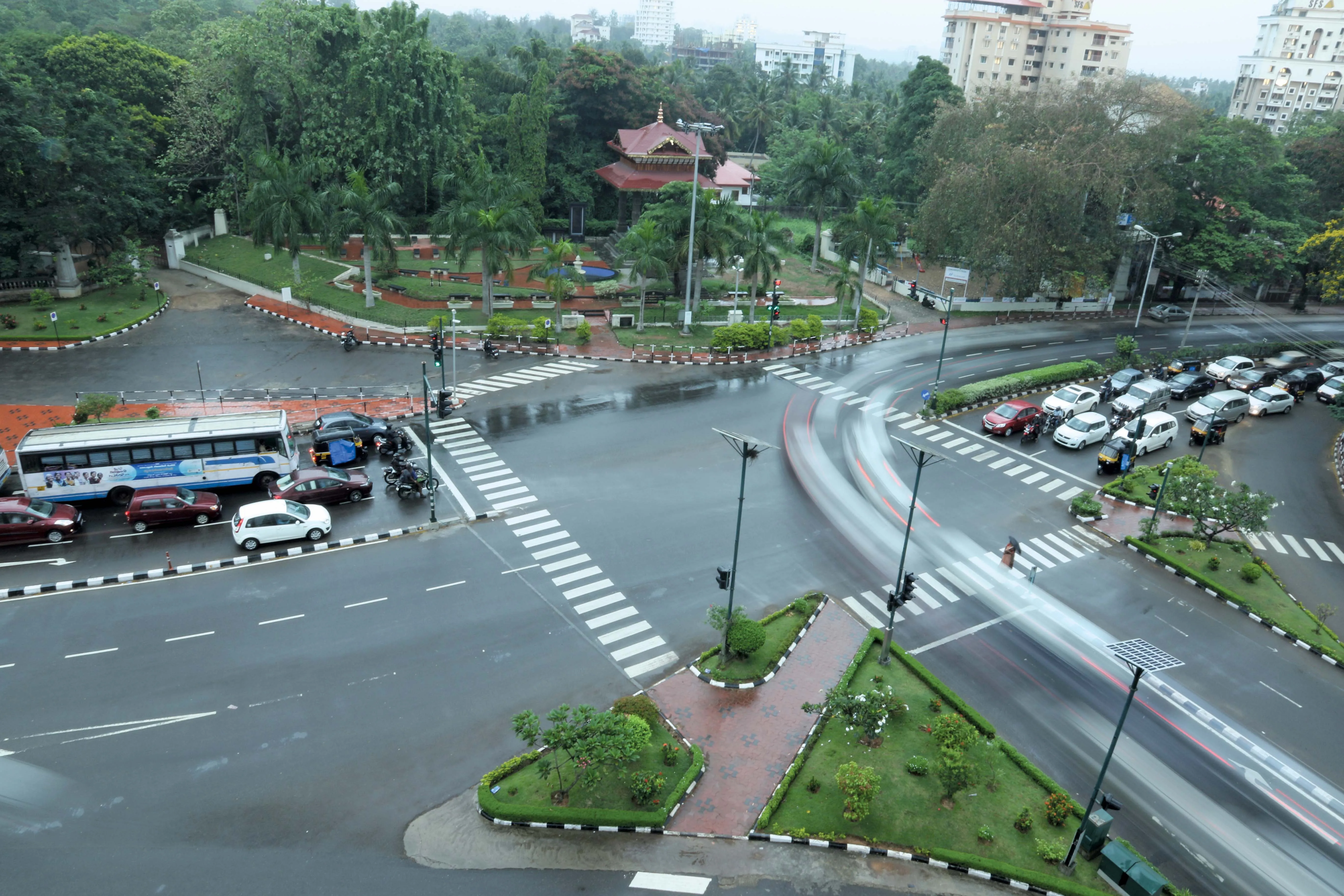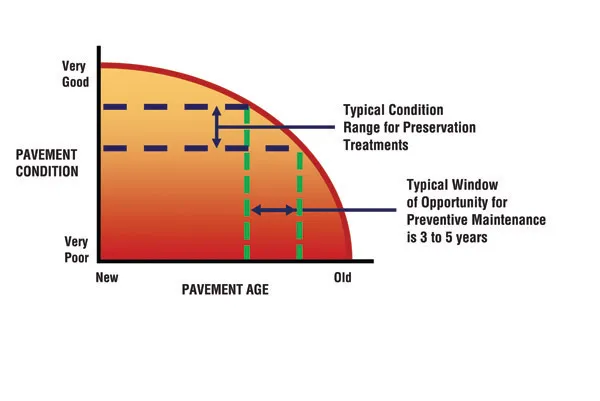A novel system in the Ecuadorian capital of Quito requiring public transport operators to share a payment fund has been joined by 80% of operators. The new system aims to reduce competition on the roads, as, prior to adoption of the payment fund approach earlier this year, different operators sought to transport as many passengers as possible, due to their income being based on the money earned from passengers on their routes each day.
Under the payment fund operation, money earned enters a joint fund w
December 11, 2013
Read time: 2 mins
RSSA novel system in the Ecuadorian capital of Quito requiring public transport operators to share a payment fund has been joined by 80% of operators. The new system aims to reduce competition on the roads, as, prior to adoption of the payment fund approach earlier this year, different operators sought to transport as many passengers as possible, due to their income being based on the money earned from passengers on their routes each day.
Under the payment fund operation, money earned enters a joint fund which is then distributed proportionally between all participating operators, based on the working fleet, demand, efficiency, timetables and kilometres covered. Operators have until 30 December 2013 to join the payment fund scheme. If they fail to do so, they will not receive the necessary operators’ accreditation.
The payment fund scheme is already reported to have resulted in better working conditions, with a calmer atmosphere and regulation of timetables. Paquisha, Quitumbe and Catar are among the operators already taking part in the scheme.
Conventional public transport companies will not have to implement the second phase of the scheme, which will require Metrobus-Q operators to have an automatic payment system with transport card, until 2016.
Under the payment fund operation, money earned enters a joint fund which is then distributed proportionally between all participating operators, based on the working fleet, demand, efficiency, timetables and kilometres covered. Operators have until 30 December 2013 to join the payment fund scheme. If they fail to do so, they will not receive the necessary operators’ accreditation.
The payment fund scheme is already reported to have resulted in better working conditions, with a calmer atmosphere and regulation of timetables. Paquisha, Quitumbe and Catar are among the operators already taking part in the scheme.
Conventional public transport companies will not have to implement the second phase of the scheme, which will require Metrobus-Q operators to have an automatic payment system with transport card, until 2016.









